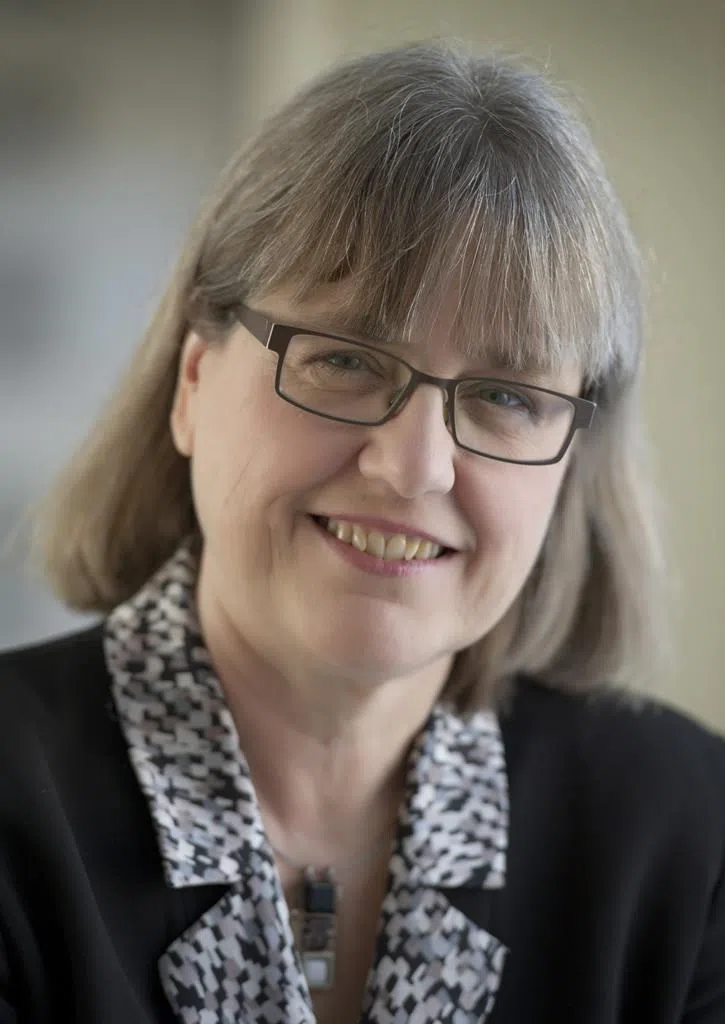
CP Exclusive: Nobel laureate Donna Strickland on her win and her work
A Canadian professor has become the third woman to be awarded the prestigious Nobel Prize for Physics. The Canadian Press spoke with Donna Strickland about winning the prize, her work in the field of laser physics and her message for aspiring female scientists.
How did you feel when you got the call about your win?
Over the years people would kid me and say, ‘haven’t you heard from the Nobel Prize committee yet?’ But I always thought that was silly … There is an awful lot of physics to choose from. I think I was sort of just stunned. It’s obviously a great honour to be given such an award.
Sweden’s Royal Academy of Sciences called your 1985 development of the technique known as chirped pulse amplification “revolutionary.” Can you explain your work?
